All Boozed Up and Ready to Fly
It was 05:17, just a few minutes past dawn, when the police saw the flight crew board the aircraft. The take-off time for the charter flight taking holiday makers from Oslo to the sunny island of Crete was 05:45.
There were five crew members: two pilots and three cabin crew. Four of them were drunk.
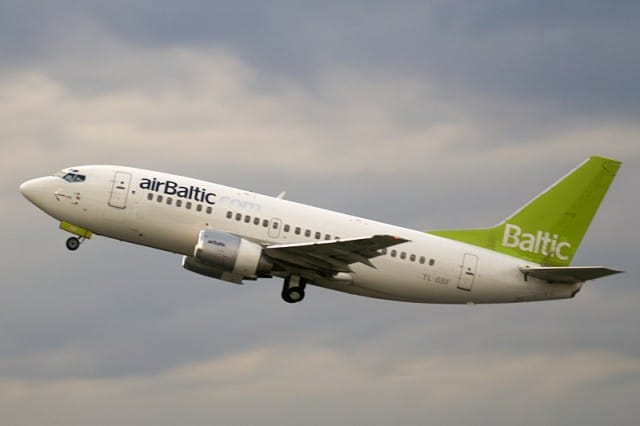
In some of the aviation forums I follow, there was some doubt as to whether they were “really” drunk. Especially retired pilots seemed to fret that the poor crew had maybe had a pint and some chatter before heading off to bed and then were completely unreasonably hauled out of the aircraft by police.
In response, here’s a timeline of the events that night.
16:00 The crew started drinking some time around four on the Friday afternoon at the hotel where they were staying. It seems that they started on beer and then bought two bottles of whisky.
We went to the hotel 15-16:00 to sit and chat a bit. We were tired, and we must have lost track of how much we drank.
20:00 The bottles were empty. Based on the blood alcohol levels, the police believe they must have drunk more in the four hour period, however the crew denied it and claimed that they had agreed in advance that they would stop drinking at 20:00.
One of the cabin crew members said she was served the whisky but didn’t know how much. She was sure that she’d stopped drinking after this, somewhere between 20:00 and 21:00. She had joined the other crew members in one of the hotel rooms to watch videos but was not drinking alcohol there.
The crew quickly tried to establish the timing.
Norwegian law is very clear on this point: airline crews must not have a drink within eight hours of going to work and the alcohol limit is 0.2 milligrams per millilitre of blood. The UK has a similar eight hour rule.
However, there are two aspects of this. Even if they stopped drinking eight or more hours before going to work, they must be below the limit. For the average adult male, if you drink four pints of beer ten hours before duty, you can still fall foul of the law with an alcohol level of .03%.
Most pilots I know do not drink within 12 hours of going on duty and none of them would drink four pints the day before a flight.
The captain was reported to have a blood alcohol level of 0.4, twice the maximum allowed for flight and enough to be charged with drunk driving in a car. The first cabin crew member tested with blood alcohol levels of 0.55. The second cabin crew member’s test showed as 0.91. The first officer’s blood alcohol was 1.2mg
Obviously alcohol tolerance varies by person but you guys, I’m a pretty good drinker and at 1.2 mg I’d be unconscious.
Anyway, lets go back to the timeline.
All four crew members stated that they stopped drinking around 20:00 and certainly before 21:00.
The prosecution was well prepared.
01:39 Video footage showed the first officer purchasing beer at the hotel bar.
As a result, he agreed that he had one beer between 21:00 and reporting for duty. The judge asked the first officer if he was aware that he was drunk when he arrived at the airport. No, was the response. He just felt tired.
The first cabin crew member insisted that she had not continued to drink. Based on the breathalyser, the judge estimated that she must have had a blood alcohol level over 2 when they left the bar in the early evening for that to be true. “Were you really so drunk?” She was not sure how much she’d had to drink but argued that she’d not eaten and not had any water, so she must have metabolised the alcohol more slowly.
02:00 A witness saw the second cabin crew member in the hotel lobby.
The second cabin crew member conceded that this sighting was probably correct but was irrelevant, as she definitely did not drink any alcohol after 21:00. Now that timing isn’t coincidence, because 21:00 is exactly eight hours before 05:00. She attempted to establish that although her blood alcohol content was too high, she did not drink anything within eight hours of duty. That would mean that she must have been very drunk.
Usually I do not drink alcohol at all. I cannot handle alcohol well.
However, she got her times wrong. According to Air Baltic, her workday started at 04:35. If she stopped drinking at 21:00, she was already 25 minutes too late.
02:40 A hotel staff member phoned the police and alerted them to the fact that the airline crew were drinking at the hotel.
It’s hard to believe this would have happened if they were all quietly drinking water and watching videos in the hotel room.
03:30 According to the local press, the second cabin crew member then admitted that she was still in the bar at 03:30 and that she then fell asleep because she was drunk.
05:17 The police observed the crew boarding the aircraft and asked them for breathalyser tests. Soon after, all four were arrested. Only one crew member that morning was sober. How’s that for a sobering thought?
05:30 Passengers told that their flight was cancelled due to illness and to please collect their luggage.
All four were held in custody for two weeks as they were deemed a flight risk.
The first officer has been sentenced to six months in prison. The first cabin crew member was sentenced to 45 days in jail, the second, 60 days.
The captain’s trial date is the 17th of September. His case is considered more complicated because there are additional charges relating to his command responsibility.
I find it telling that all four were happy drinking bottles of whisky the afternoon before the flight, let alone the apparent drinking for at least two of them past 2 in the morning. All four thought it was reasonable to show up for work. In my opinion, this points to a company culture issue.
The airline issued a press release to say they are introducing additional safety measures, specifically, breathalyser tests for all safety-critical personnel, instead of the random tests previously in force.
It’s unlikely that any of the four will ever work in aviation again. Of course it is sad to see a mistake cause the end of four careers. But I’d rather that, than a mistake in the air causing the loss of the aircraft and passengers. It’s difficult enough dealing with human error and complicated issues in the air without adding alcohol to the mix.
To end on a lighter note, I was looking through Norwegian press articles for detail and ended up with this beauty from Google translate:
The personnel in the street reported that the crew was ill and unable to fly, and that the flight was canceled. We therefore went back to the baggage area to retrieve our cases. Then a representative from Air Baltic and gave us matbonger and stated that new crew was on the way. We pretended therefore to be luggage and now waiting for the plane to be set up again, he said.
So now you know: if someone gives you matbonger, simply pretend to be luggage and wait for the plane.
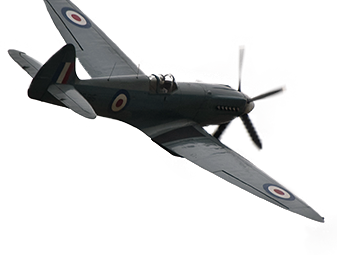
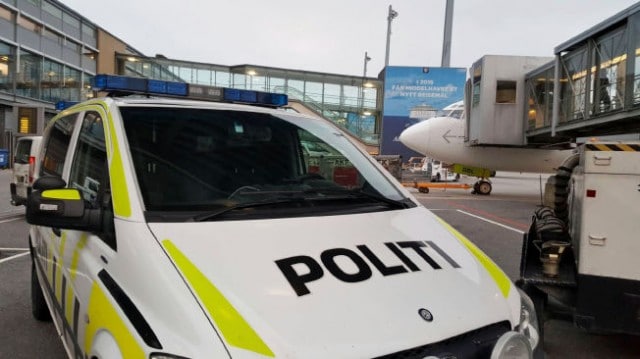
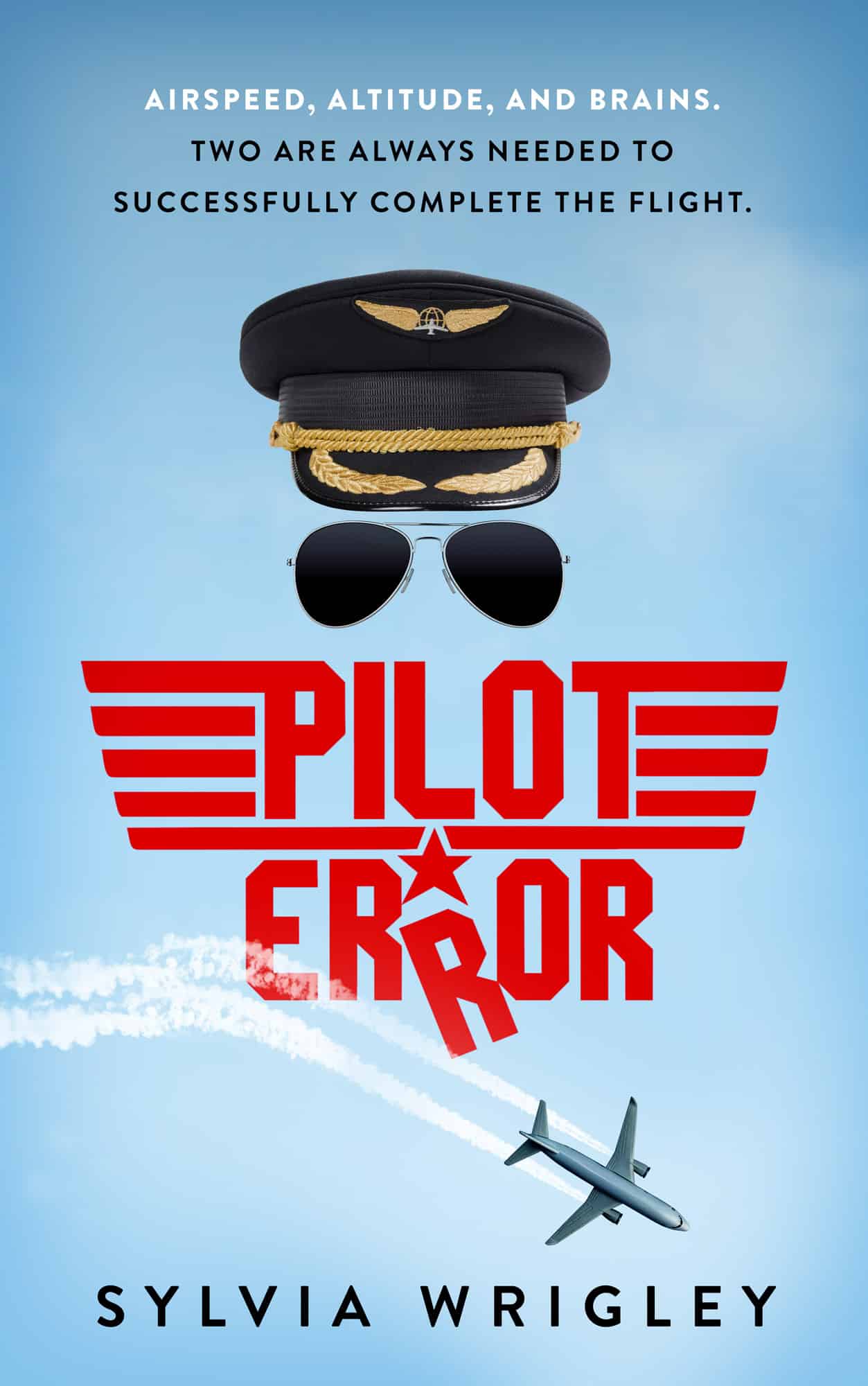
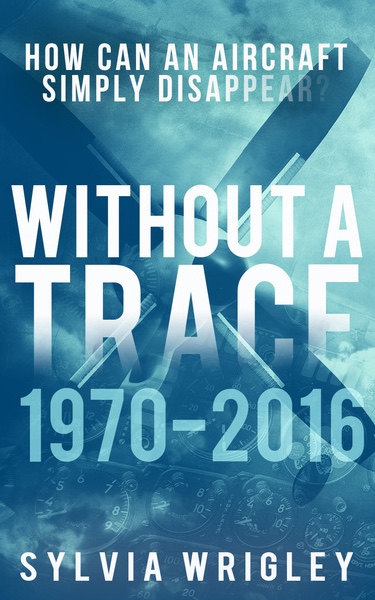
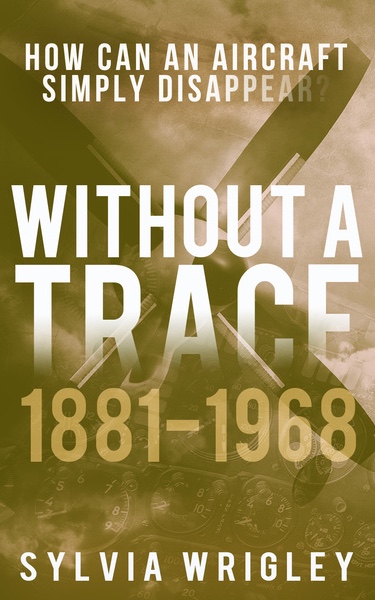
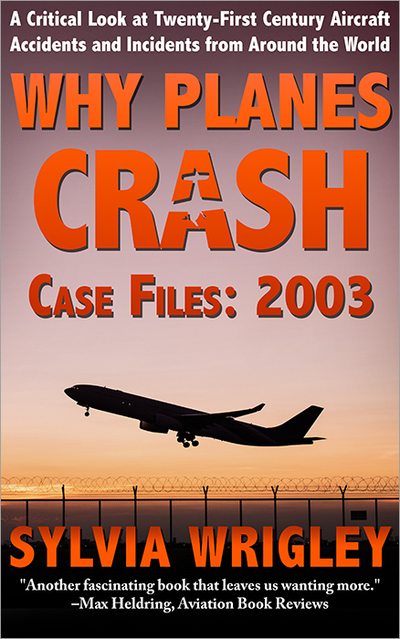
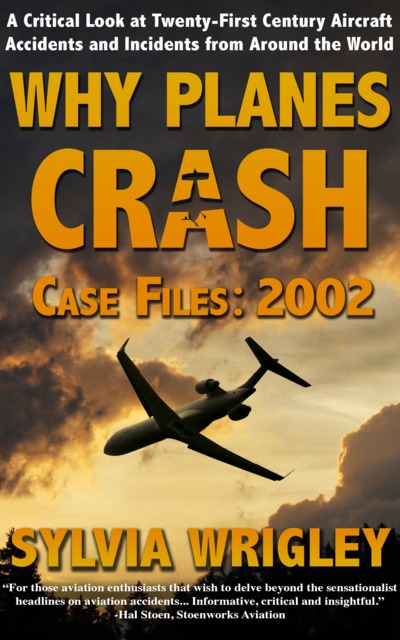
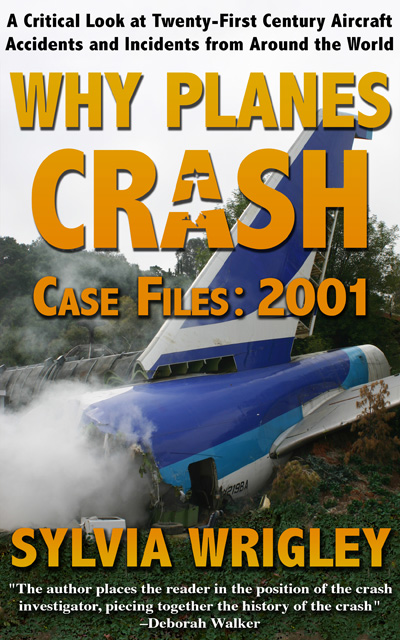
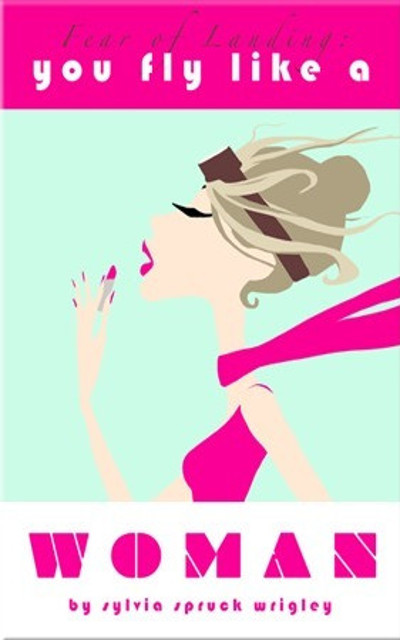
At school a teacher ran a youth club. Brilliant, but in order to join we had to take “the pledge”.
Later I must confess that I broke it and may have been right at the limit of “eight hours bottle to throttle”. Was I over the limit when reporting for duty? I don’t think so but I may have been close. And with that came the realisation that a pilot can indeed risk is or her entire career by mixing drinking with duty. It is so easy, too easy: A group of men and (young) women, spending the night in a hotel at an outstation. A few hours of chat, perhaps a bit of flirting (or more?) and a few drinks. And before one knows, the “eight hours” are there and indeed, if one is substantially over the limit this may not be enough.
The realisation that I was at least at risk was a major factor in remembering that as a teenager I had once taken an oath to abstain and I stopped drinking alcohol. Completely. I never had an incident but better safe than sorry.
I was once sent to Scandinavia to take over from another captain. The F/O had refused to fly with him because his speech was slurred and he had trouble walking in a straight line. The ground engineer backed him, the F/O and the captain was dismissed. The company took no further action against him and he had not been breathalysed so it was never proven that he had been trying to report for duty whilst intoxicated.
Our flight was delayed for 6 hours “due to technical reasons”
I like to think the entire attitude towards flying and alcohol is coming into line with what you have done instinctively. I hope I don’t sound too damning; an important point is that pilots and all air crew are in a position to ask for help if they have a problem. If this crew had called in sick rather than trying to report for duty, at worst they’d have lost their jobs but they’d still have a career.
My last flight was more than 7 years ago. The young generation – to me anyone flying actively to-day – does not realise it, but when I started my career it was altogether not uncommon to mix flying with alcohol.
Think of it: there were many pilots in active airline service then, who had been flying Spitfires, Hurricanes, Lancasters, Wellingtons and other military types of aircraft during WW II.
When I was checked out on the Citation I took delivery of a brand-new one straight from the factory. My previous flying career had progressed from light singles to light twins, mainly Cessna 310.
In order to get familiar with the jet age my company paid for me to get a type rating on SN 601 “Corvette” but my experience on jets was limited. So when the boss decided to use his brand-new executive jet straight after delivery to make a sales tour through the Americas, it was decided to get me properly checked out by a Citation demonstration pilot.
This was a retired U.S. Air Force colonel, a former fighter pilot who had seen active service in World War II, Korea and Vietnam. And survived it all. Quite a character, but the point I wanted to make is that many WW II veterans were still active airline pilots well after I had started my own career.
Many of them were heavy drinkers. The stress of waiting to be called for what could very well turn out to be their last one, the end not just of their career but of their life was often bearable only if relieved by a good slug of alcohol. And they did not become instant abstainers after the war was over. I remember a pilot who always carried two large bottles of Coca Cola in his flight bag. He needed something to drink during the flight and without the soft drink ready at hand he might well turn to something intoxicating.
In those days – I wonder is this still the case – French air crews were routinely served wine when on duty.
I remember sitting in an airport restaurant at a French airport, the old terminal at Toulouse Blagnac. My copilot and I were having lunch. So was an Air Inter crew, in full uniform. I don’t know how much they drank, probably a modest quantity but they most certainly were drinking wine with their meal.
The restaurant in the old terminal was directly overlooking the apron. Soon after finishing their meal, to our astonishment, we saw the same crew board a Caravelle and a little while later the passengers boarded. This apparently was common practice in France. Then. In the ‘seventies. I suppose times have changed since.
And so, I reckon, has the tolerance towards having a drink whilst on duty or too shortly before.
Air France apparently still served wine to the pilots in the 80s, that came up in a recent discussion. Accompanying their in-flight meal, no less!
It used to be so common in France to have wine with meals that it was considered impossible to prohibit even air crew to have wine with their meals, WHILST ON DUTY !
In those days in France it was considered quite normal for children to drink wine, albeit diluted with water (at least, that was the claim) from about age 7.
So wine was such a part of the culture that the airlines did not think it necessary to stop air crew from drinking wine on duty.
The rationale was: they are used to it, can take it, know their limits and, because it is routine and part of the culture, they will not be inclined to drink more than a very modest quantity.
I think that research has shown since that alcohol ALWAYS has a negative effect on a person’s performance. And at speeds of 450 tks TAS or M.82, any degradation of performance like a slow-down of a person’s reaction is questionable in terms of safety.
Oh, only now I realise: if you are given matbonger it is obvious that it is not sufficient just to pretend to be luggage and wait for the plane.
You must wait for the plane to be SET UP !
By george, I think you’ve got it!
The verdict is in: 10 months for the captain, 6 months for the co-pilot, 60 days for one member of the cabin crew and 45 for the other. The co-pilot has appealed.
As for Google Translate, I haven’t read the original, but can easily reverse-engineer the output:
– “matbonger” means “food vouchers”, from “mat” (“food”) and the French “bon” (“voucher”) which is used in the sense of “voucher” and / or “receipt” in several languages, including Danish and Dutch.
– “we pretended to be luggage” should be “we let our luggage be” (i.e. left it at the airport), probably caused by a confusion between the verbs “la” (“let”, pronounced “lah”) and “late” (“pretend”, pronounced “lah-teh”) which are both “lot” (pronounced “loot”) in the past tense.
– “set up again” should be “rescheduled”, from “satt opp” (“set up”) which, much like the English term, is a catch-all term which can mean listed, scheduled, drawn up, assembled etc.
Articles about the sentencing:
http://www.aftenposten.no/nyheter/iriks/Air-Baltic-styrmann-anker-promilledom-8138665.html
http://www.aftenposten.no/nyheter/iriks/Air-Baltic-kaptein-domt-til-fengsel-8173865.html
Google Translate makes a hash of these as well, partly due to the journalist’s heavy use of made-up words (endemic in Norwegian mass media).
Thank you for the update and the reverse-translation! I particularly smiled at “let our luggage be” because that makes total sense and yet it went so terribly wrong.
Am surprised the FO is arguing (apparently “anchoring”, nice try Google) as the sentence is in line with at least one other case with the same level of alcohol. He seems to be arguing that as he stayed up later, his blood showed a higher pro mille, which, um, yes and you *still* showed up for work… That is, his excuse is really the cause of the heavier sentence, isn’t it?
Not sure what the First Officer is trying to achieve. He’s screwed either way.
“anke” (v.) “to appeal”, present tense “anker” is a homonym of “anker” (n.), “anchor”. Also note that Google Translate actually transposed Gardermoen to Heathrow. I’ve seen this before—if I remember correctly, Rome became London when I translated an Italian text to English.
Agreed.
I’ve seen the city swapping before – some sort of algorithm based on popularity I think – so in this case, a well-known airport takes the place of one that isn’t generally mentioned in English texts. It’s messy and I’m surprised they haven’t taken steps to reduce that effect yet.